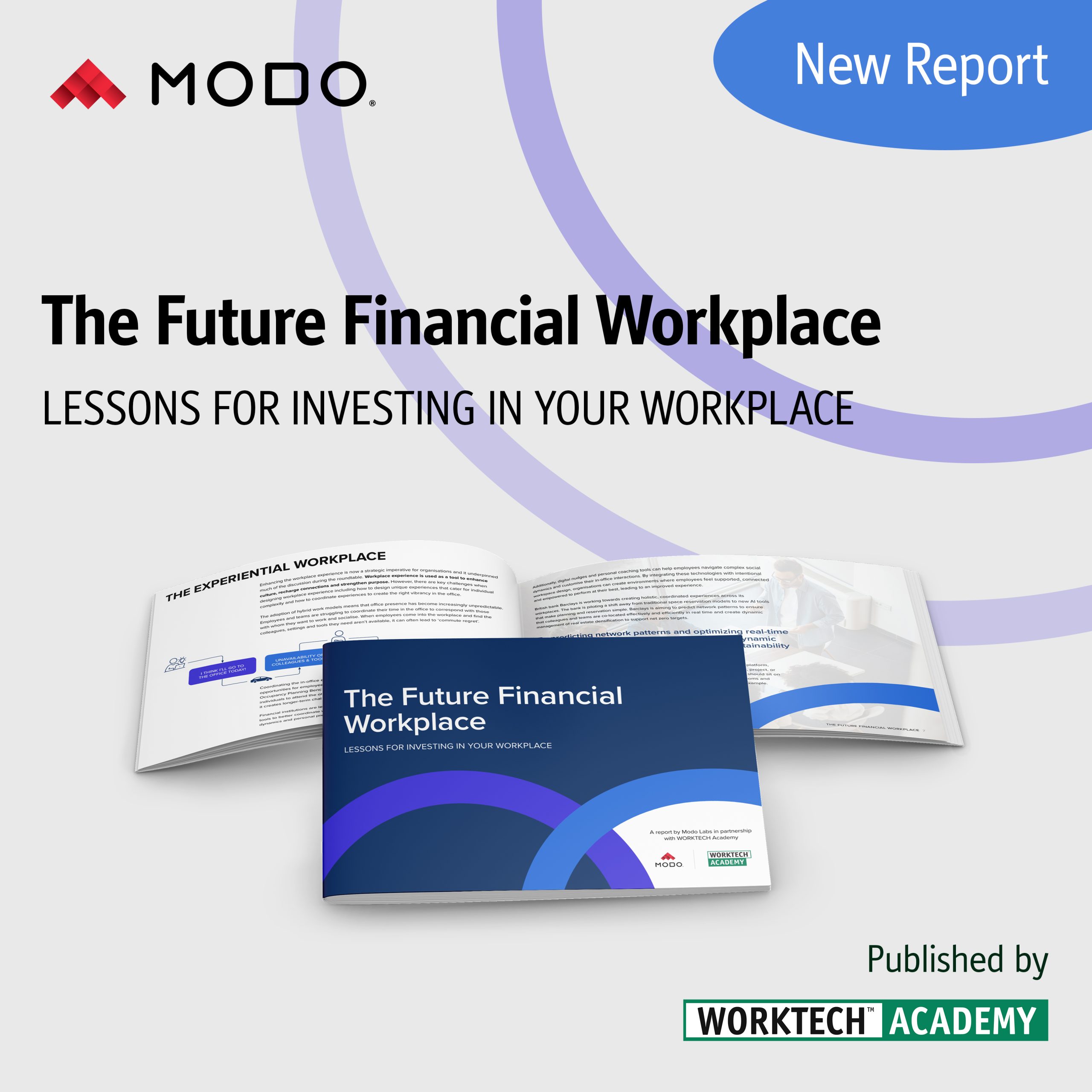Addressing the challenge and importance of a 24/7 switchboard
Throughout the pandemic people have come to expect 24/7 responses from businesses, a new report by Moneypenny looks at the challenges and opportunities to meet this new demand
The expectation for 24/7 communication between company and consumer is extending into the business-to-business arena, particularly as lockdown life put our usual routines on hold whilst we juggled work and home life. As a consequence, many businesses found clients contacting them outside the traditional 9-5 working hours.
The result is that although the end of lockdown signals the return of some normality – peoples’ expectations to deal with their service providers and partners on their terms and at their convenience, has not.
Also, businesses fully expect client communication to increase in the near future. A recent report by Moneypenny called ‘What’s Next for the Switchboard?’ found that two thirds of businesses expect their call volumes to increase once more people are back in the workplace, rising to 72 per cent for businesses with over 500 employees. It also showed that half of businesses find answering their calls around the clock one of their biggest challenges.
The biggest and most obvious challenge pertaining to the provision of 24/7 client call answering is that of resource – not to mention ensuring an appropriate on-brand response and that it meets a company’s wider service level values and agreements.
However, there are a number of simple steps to follow to arrive at the best solution, starting with having a clear handle on expectations and the availability of in-house staff.
Jess Prichard, Head of Corporate at Moneypenny, explains: ‘When we talk about 24/7 call answering, people instinctively think that’s just not possible because they can’t afford an around the clock response from their team.
‘The phone is still the number one channel for people to contact a business…’
‘Businesses looking at improving client care in this way need to consider the implications of 24/7 accessibility. For example, could front of house and switchboard teams work different shift patterns to provide extended cover? Or is outsourced third party support needed so that once typical office hours are finished, it’s someone else’s responsibility?’
Jess continues: ‘Excellent switchboard service for a law firm might mean ensuring that whenever someone calls, at whatever time, they are answered by a person. In this instance the focus might be on taking a message and letting the caller know they’ll be called back the following day. After all, no one expects their solicitor to be available at 2am. But for an engineering firm, improved accessibility might just mean a combination of having their team available for extended hours (say 7am to 9pm) to meet the needs of clients on site.’
The phone is still the number one channel for people to contact a business, and the expectation by clients of 24/7 call handling requires a human response in real-time – there and then. That’s what sets excellent client-centric-care head and shoulders above the rest.
Read the ‘What’s Next for the Switchboard’ report here.








